The Open Web: Dead, Alive, or Just Complicated?
by Shirley Marschall on 17th Sep 2025 in News
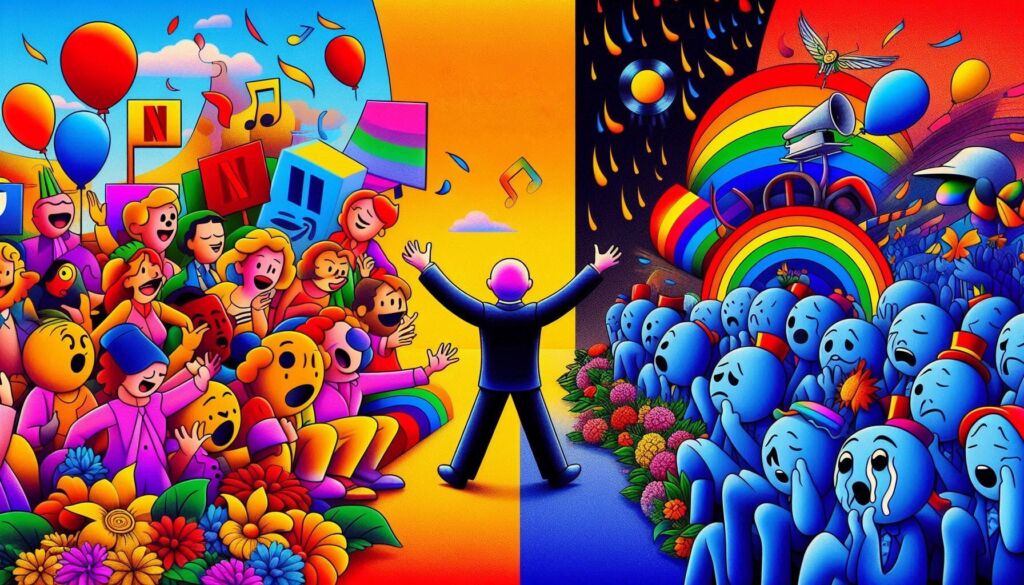
In her latest column for ExchangeWire, Shirley Marschall discusses whether rumours of the death of the open web have been greatly exaggerated, or whether the prevailing tides can indeed be turned.
Google kills* the open web.
Amazon kills* The Trade Desk, which kills* the open web.
GenAI kills* search, the open web, and the closed one too.
(*Allegedly.)
Everyone’s guilty. Or no one is. Depends who you ask.
Google once denied that AI search would drain publishers, but now admits (in court) the open web is in “rapid decline“ (just to clarify shortly after, that the decline only affects the open-web display advertising, not the open web as a whole… ok, whatever). Sam Altman says he’s suddenly worried that the “Dead Internet Theory” might actually be true. “Dead or alive,” the debate itself is very much alive and kicking. And so is the finger-pointing: AI! Walled Gardens! Both! Neither!
Well… it’s complicated.
Between Google’s AI Overviews, ChatGPT’s instant answers, and a proliferation of summarising tools, traditional site visits are collapsing. Traffic is down, monetisation models are cracking, and editorial teams wonder whether the words they poured months into will ever be read by an actual human, let alone clicked on. The open web bleeds, but the pain doesn’t stop there. Programmatic platforms, built on that supply, are getting squeezed too.
Meanwhile, the walled gardens grow stronger, rolling in like a monopoly tsunami that’s increasingly impossible to stop. Google, Meta, Amazon, all sucking in more of the internet. Especially in areas less reliant on open-web traffic: CTV, retail media, in-store commerce, digital audio. Those are thriving. And while lawsuits pile up against the platforms, the response inside their walls is more meme than mea culpa. Google employees literally celebrated courtroom wins with Lord of the Rings and Wolf of Wall Street gifs.
Everyone is suing everyone, while simultaneously cutting deals with everyone else. The chaos is dizzying.
So yes, the open web is shrinking. But it could get worse. Google’s AI search could move from “overview” to full AI mode at any moment. A mode where you never need to click, never visit a publisher, and never see an ad slot that isn’t owned, priced, and measured by the AI gatekeeper. Needless to say, Google would have to weigh the ad-revenue fallout carefully before pulling that trigger.
And what about AI browsers? For now, they’re an early-adopter curiosity. Most people still live inside Chrome. But if Google or OpenAI flips the switch, that’s not a design tweak, it’s a distribution coup. If they can get their security risks under control, the entire model of “browse, click, visit” could collapse overnight. (Maybe the worst thing to ever happen in tech was Google getting lucky…)
What happens then? Websites could become the vinyl records of the internet. Still cherished, still beloved, but niche. Collector’s items. A slower, more deliberate medium in a world rushing toward synthetic efficiency.
Paul Evans, Founder of V2RSION suggests the following: "The solution isn't hoping Google will change course. It's building systems so valuable that users seek publishers out directly. The choice is to stay dependent on Google, or build alternatives that make their monopoly less necessary and less relevant.“
The irony? Those who treat the internet as their dumping ground are the ones who need it most. Not for the benefit of publishers, advertisers, consumers, or democracy, but to make sure AI still has data and information to scrape, learn, and consume, or else it will eventually choke on its own recycled crap.
Which is why now everyone is suing everyone, while making deals with everyone.
Anyway, now that the perpetrator is found, all that’s left is to diagnose the victim. Is it hurt lightly, severely, or is it indeed on its deathbed. Before the final diagnosis though, can we take one step back and define the term open web?
Jeff Green, CEO of The Trade Desk, posed a deceptively simple question: “If you had to make a choice, would you choose a life without all of streaming music, and movies, and TV, and journalism, and live sports - or a future without YouTube and Instagram?” Nice!
Of course, not everyone agrees with this definition (ask 10 ad tech experts what the open web is and you’ll get 10 definitions) but it captures the essence.
Now let’s throw one more thought into the ring, the enshittification of the internet: is AI really just an open web problem? It’s not like walled gardens are immune. The same shifts that are crushing publishers are reshaping the closed ecosystems too. AI doesn’t distinguish between open and closed, it feeds on both.
So no, this isn’t about “the death of digital.” Digital never killed what came before, it just layered on top. We still talk about omnichannel, not monochannel, two decades after the internet went mainstream.
But with all the slop, scams, scraping, spam (the four S’s)… plus misinformation, deepfakes, and relentless tracking, you have to wonder if the digital tide can reverse.
It most likely won’t. And digital won’t die. The open, the closed, none of it will “die.”
OMG, they killed the open web! OMG, they killed Kenny!



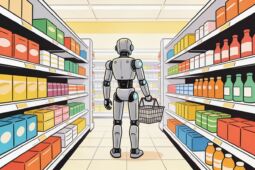
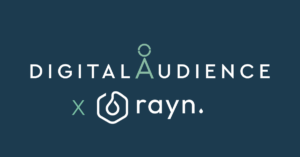

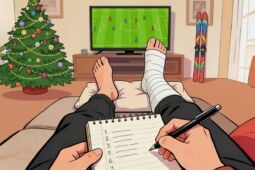
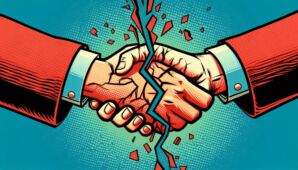
Follow ExchangeWire